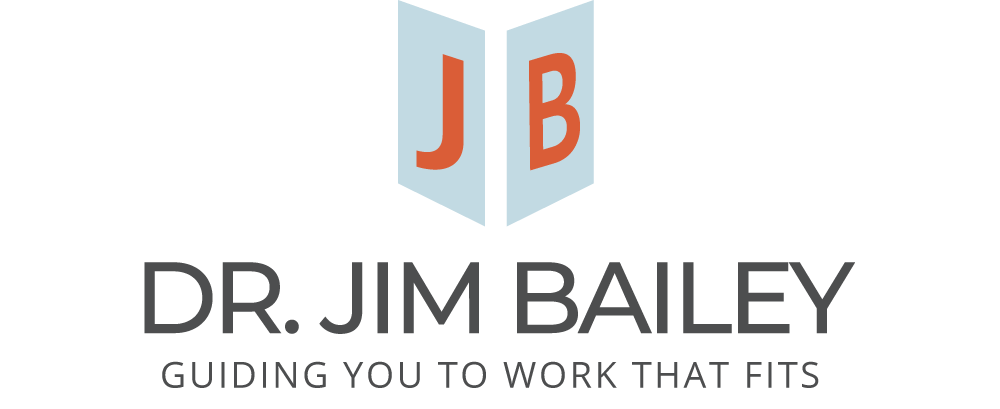Pursuing Your Higher Goals
In my last article I addressed why pursuing short term and urgent goals often make our lives more difficult, while pursuing long-term, important goals will help us get the qualities we truly desire in our lives. Each day events in our work, school, families and friend groups, and phones and TVs, call us to act on seemingly “urgent” things and distract our focus from our higher goals. How can we do better at prioritizing our time and efforts to ensure we consistently move toward our priorities?
First, we must know our own priorities. Take time to determine what you want your life to be about, then write those things down so you can see them. I have each of my clients fill out a Life Priorities assessment and some who complete a Personal Mission and Life Vision exercise. (My own life priorities are on a page I keep on my office desk to remind me what’s most important to me.)
Second, avoid acting impulsively. When situations feel urgent our first impulse is to fix them fast. While we should do this for medical emergencies, many of the events we experience as “urgent” aren’t truly important. Acting impulsively removes the option of moving through your days thoughtfully and intentionally.
Urgent matters demand our attention through pain or fear, but important things are less insistent. Like all animals, we react to pain by moving away from the things or situations that cause it. If we’re not careful, we can react to unanticipated events as though they are potential catastrophes.
When people say something hurtful or insulting, or the unfairness of a situation raises our indignation, we might react by saying or doing things to protect ourselves. We may anticipate (and worry about) negative events in our future, then react to prevent them. None of these actions serve our long-term interests and the larger goals we set for our lives.
Third, we must filter the things that demand our attention by whether they are urgent or important. When we react to pain or difficulties we fail to consider the long-term implications of our responses. What we often need most is perspective.
If you look up perspective, it generally falls into two categories: distance or elevation; and evaluation and understanding. Perspective implies that we remove ourselves, emotionally and/or physically, from a situation so we can see and understand what’s truly happening. People typically struggle with perspective for one of two reasons: they struggle to get distance from the emotions they feel in urgent situations; or they rush to problem solve every situation before fully understanding them.
Around sixty percent of people naturally struggle to get perspective on (distance from) emotionally-loaded situations. This isn’t because they’re intellectually less capable, it’s because the in-the-moment emotions of a situation override their ability to process things objectively. These folks usually make better decisions when they allow time for their emotions to settle. Then they can assess things with hindsight asking, “what were the thoughts that fed my reaction” and “what was I concerned might happen in the future?”
About forty percent of people are natural-born problem solvers. They reflexively determine the actions to take to solve a problem, often before they fully understand (get perspective on) everything involved. This tendency to “jump to the solution” can prevent problem solvers from first determining whether a situation is urgent or important because they don’t ask the questions that provide more perspective. Usually, natural problem solvers do better when they pause to ask, “what else could be at work here” and “what are the long-term implications of this solution?”
The fourth thing we need is wisdom. Wisdom isn’t just intellectual knowledge. Wisdom is knowledge applied with objectivity and perspective. Our understanding of a situation, especially in the heat of the moment, is often full of errors. Taking time, asking more questions, and reflecting can help us, but we often benefit from the perspective of someone who’s not directly involved in a situation, who can help us see the bigger picture.
In difficult times our impulse is to run to a friend or ally who will take our side. What we really need is someone we trust to be objective, honest, and think with our long-term interest in mind. Friends with those qualities are rare - if you have one, work to keep that friendship.
If you don’t have a friend like that, then seek the counsel of someone with the life wisdom (or training) to provide you with objective and sound input. You may also know an older, wiser person who can serve that role for you. (I personally think God also fits in that category.) The point is, we’re well-served in crises and big decisions by getting input from someone objective and wiser than us.
Do you know your own life priorities? Do you use these to guide your daily decisions and actions, especially when something seems urgent? Do have someone to help you get perspective? These are keys to living with purpose and intention.
You were created to live a purposeful, meaningful life. Discerning what's important, rather than urgent, is a key to the life and work you want.

